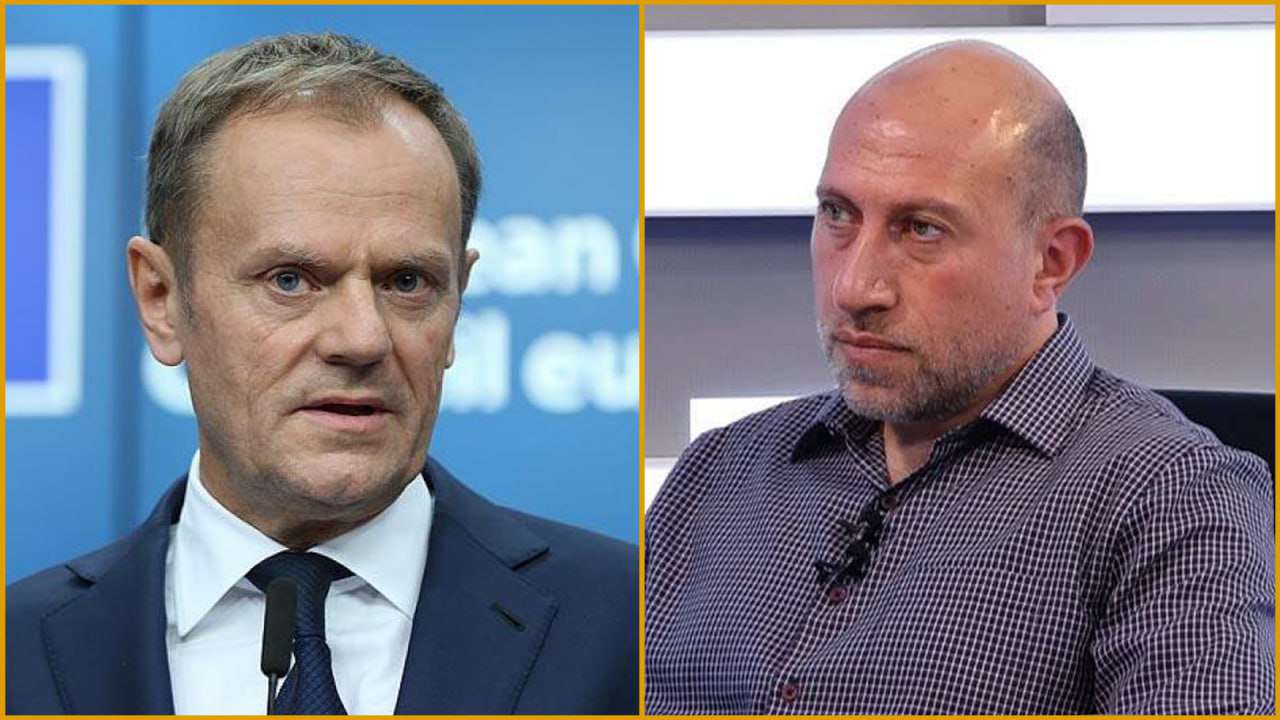Political commentator Hakob Badalyan wrote on his Facebook page.
"A few days ago, I wrote about the visit of the first lady of Poland to Armenia and the surprising absence of any state reception or event during that visit. Yesterday, there was a fundamental change of power in Poland, and Donald Tusk returned to the post of Prime Minister due to the parliamentary elections.
Tusk is one of the most prominent figures in Polish and, perhaps, European politics in recent years. He is the longest-serving Prime Minister of Poland, 2007–14. Moreover, in 2014, he left the position of Prime Minister to take the position of President of the Council of Europe. Leaving it in 2019, Tusk became the president of Europe's largest party, the EPP, holding that position until 2022.
Tusk's return to the post of Prime Minister of Poland is worth considering in the context of Polish transformations and European politics. "Thank you, Poland; it's a great day. Not for me, but for all those who have for years strongly believed that everything will be better and we will get rid of darkness and evil," Tusk said.
During his previous prime ministership, he was in sharp competition and opposition with then-President Lech Kaczyński. Moreover, it is even possible that this contrast "saved" Tusk's life. Anyway, to honor the memory of the Katyn shooting victims, Tusk traveled to Smolensk, the site of the victims' memorial, separately from Kaczynski, three days before him.
It is hard to say whether they would have been more united or left together on the same plane. Still, three days later, the Polish president, Kaczynski, flew to Smolensk, and several high-ranking representatives of the Polish military-political elite were on his plane. They all became victims of the plane crash.
In 2019, Tusk visited the Caucasus before leaving the post of CE President. While visiting Armenia in Sevan monastery, ethnic Kashubs, Western Slav Tusk, spoke about the thousand-year-old Armenian influence on European culture. He declared, "This is where the heart of Europe beats."


















